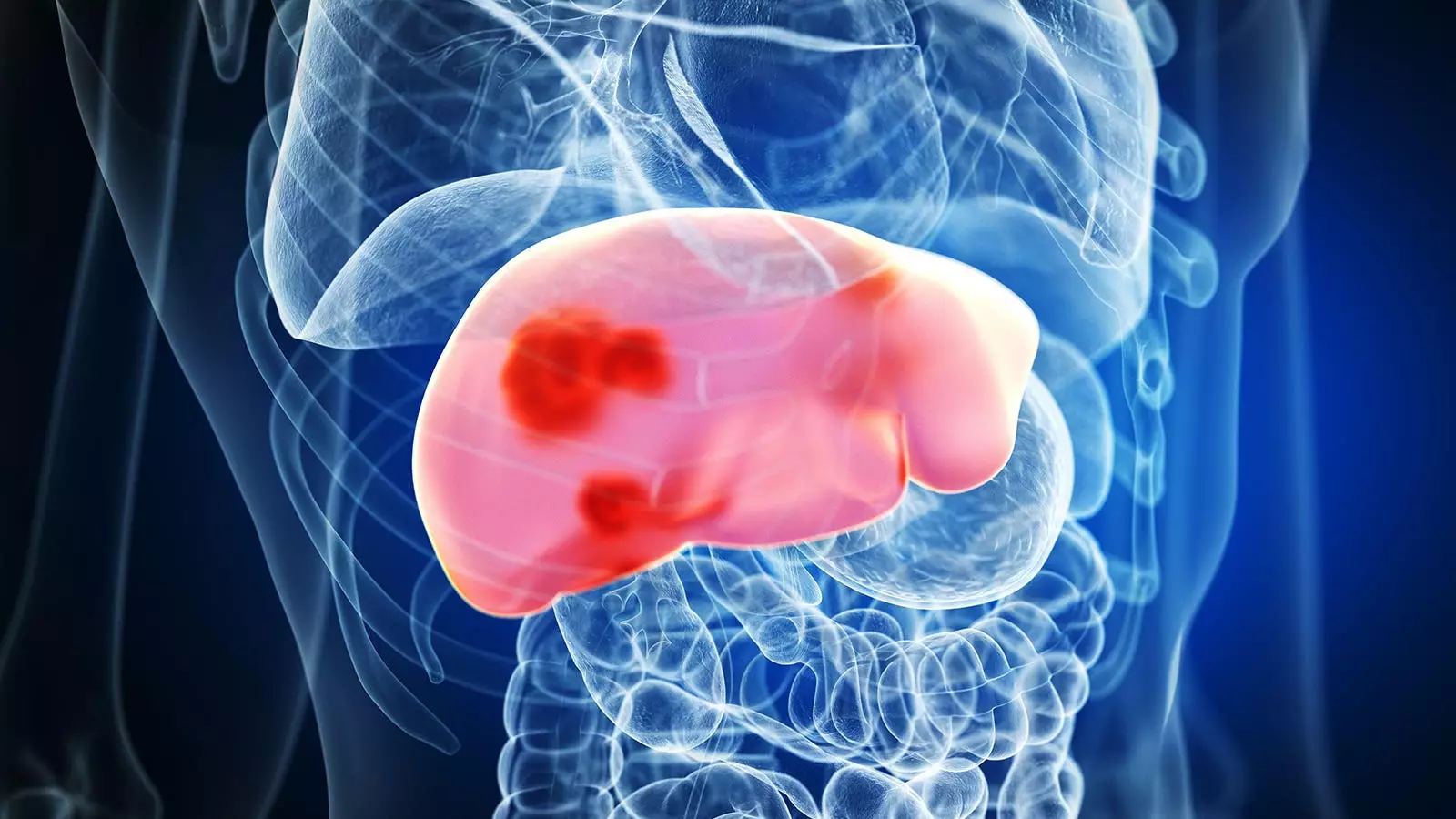Hepatocellular carcinoma (HCC) remains one of the most prevalent forms of liver cancer, posing significant challenges in management and treatment. Recent advancements in medical research have led to the development of risk stratification algorithms aimed at predicting HCC in patients with advanced chronic liver disease. A significant multicenter study conducted with more than 2,300 patients introduced a six-parameter algorithm known as PLEASE, which assesses individual risk for developing de novo HCC. This innovative approach represents a pivotal shift in how healthcare providers may screen and manage patients at risk for this deadly malignancy.
The PLEASE algorithm incorporates six crucial parameters: a platelet count of less than 150 × 10^9/L, liver stiffness measurement (LSM) greater than or equal to 15 kPa, age over or equal to 50 years, male sex, and the presence of controlled or uncontrolled viral hepatitis or steatotic liver disease. This multi-faceted approach to risk classification allows clinicians to pinpoint patients who may be at elevated risk for developing HCC. Importantly, patients exhibiting four or more parameters from this list are classified as high risk, which underscores the need for rigorous monitoring.
The statistics gleaned from the study reveal that patients categorized as high risk have a staggering 15.6% cumulative likelihood of developing HCC within a two-year timeframe compared to a mere 1.7% among those deemed low risk. Such stark contrasts in risk levels advocate for the necessity of frequent monitoring for high-risk patients while allowing for more relaxed screening intervals for low-risk individuals.
The implications of the PLEASE algorithm extend far beyond mere numbers. As asserted by Jonel Trebicka, MD, PhD, and his research team, the algorithm proposes a structured approach to screening that can enhance patient outcomes in clinical practice. More specifically, the findings advocate for an increased frequency of HCC screening in high-risk individuals, which could potentially lead to earlier detection and intervention.
This prospect introduces the need for clinical studies that empirically test the effectiveness of this new algorithm in real-world settings. If successful, the PLEASE algorithm could instigate a broader paradigm shift in HCC surveillance, aligning with strategies already established in screening for other cancer types, which focus on high-risk populations.
An essential component of any risk stratification model is the adherence of patients to recommended surveillance protocols. An accompanying editorial by Stephen L. Chan, MD, and colleagues emphasizes that merely having an advanced screening algorithm is insufficient without mechanisms to ensure patient compliance. Alarmingly, data from the U.S. indicate that a mere 14% of patients underwent semi-annual surveillance, with many more failing to adhere to any screening protocols prior to their HCC diagnosis.
For the PLEASE algorithm to translate into measurable health outcomes, new strategies that address these adherence issues must be incorporated. Increasing patient awareness of the significance of regular screenings, alongside creating more accessible surveillance programs, will be vital to ensure that patients receive timely care.
As we explore the realm of chronic liver disease management, the development of the PLEASE algorithm marks a noteworthy advancement in the approach to HCC risk stratification. It provides a framework that can evolve screening practices for patients at high risk of developing this life-threatening cancer. However, the task ahead is two-fold: while the algorithm paves the path for early detection, equal effort must resonate in ensuring that patients engage with these vital surveillance measures. Only through a concerted effort can healthcare providers truly harness the benefits of risk-based surveillance, ultimately improving outcomes for patients grappling with chronic liver diseases and associated risks for HCC.

Leave a Reply